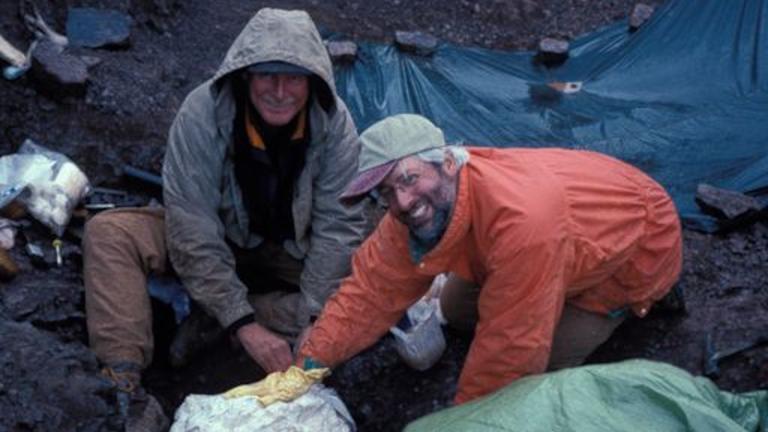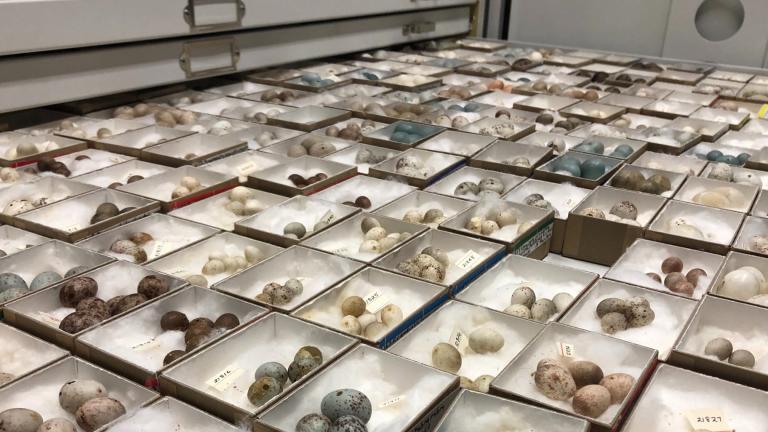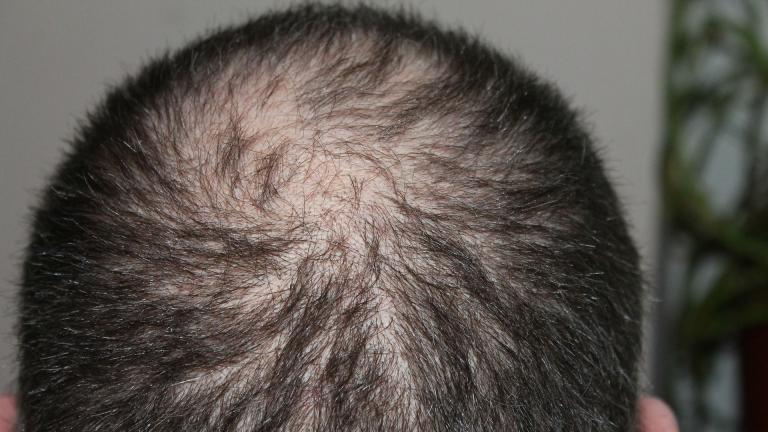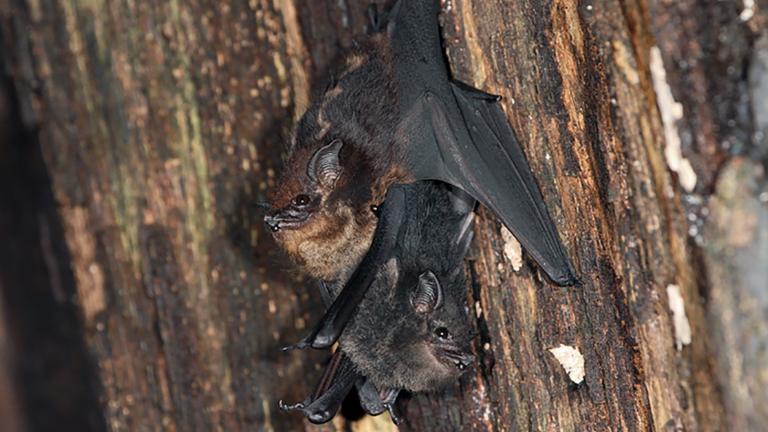University of Chicago paleontologist Neil Shubin returns for another review of stories making headlines in the world of science.
![]()
Shrews shrink their skulls to survive winter
 Shrew showing red teeth (Hanna Knutsson / Flickr)
Shrew showing red teeth (Hanna Knutsson / Flickr)
Nature never ceases to surprise. A study out of Germany has found that shrews have a very unusual way of surviving winter: they literally shrink the size of their brains and skulls as the season approaches. It’s believed the phenomenon helps shrews, which do not hibernate, survive the winter by making themselves more energy efficient.
Nobel for circadian rhythm research
This year’s Nobel Prize for physiology or medicine has gone to a trio of American scientists – Jeffrey C. Hall, Michael Rosbash and Michael W. Young – for their work on understanding circadian rhythms. Their discoveries helped explain how plants, animals and humans synchronize their biological rhythms with the rotation of the Earth.
Childhood experiences can change your DNA
Researchers at Northwestern University have discovered that childhood experiences can modify our DNA. The research goes against the notion that DNA is unchanging and highlights how a child’s environment can influence their future health.
Elderly who have trouble identifying odors face risk of dementia
University of Chicago researchers have found that adults between the ages of 57 and 85 who could not identify some common odors were more likely to develop dementia. The discovery could provide a simple and cheap way of identifying people who may have a greater risk of developing dementia.
Related stories:
 Astronomers Detect Colliding Neutron Stars in Historic Observation
Astronomers Detect Colliding Neutron Stars in Historic Observation
Oct. 17: An international team that includes Chicago astronomers recently observed the collision of two high-density neutron stars, a historic discovery that confirms decades of scientific work.
 Northwestern Professor Asks, ‘What Makes Our Internal Clocks Tick?’
Northwestern Professor Asks, ‘What Makes Our Internal Clocks Tick?’
Oct. 10: Whether you’re a night owl or an early bird, your sleep is regulated by your circadian rhythm. A sleep expert helps unravel the mystery of our internal clock.
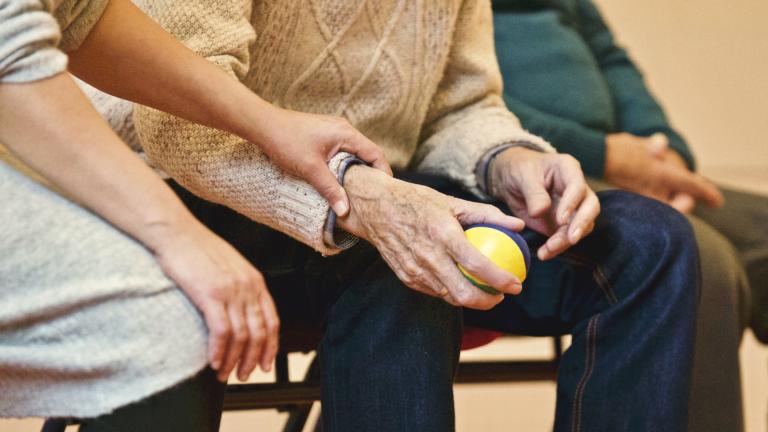 Losing Sense of Smell Puts Elderly at Risk of Dementia, Study Finds
Losing Sense of Smell Puts Elderly at Risk of Dementia, Study Finds
Oct. 4: Is there a connection between losing the ability to smell and a greater risk of dementia? A co-author of a new University of Chicago study says it “may be an important early sign.”

